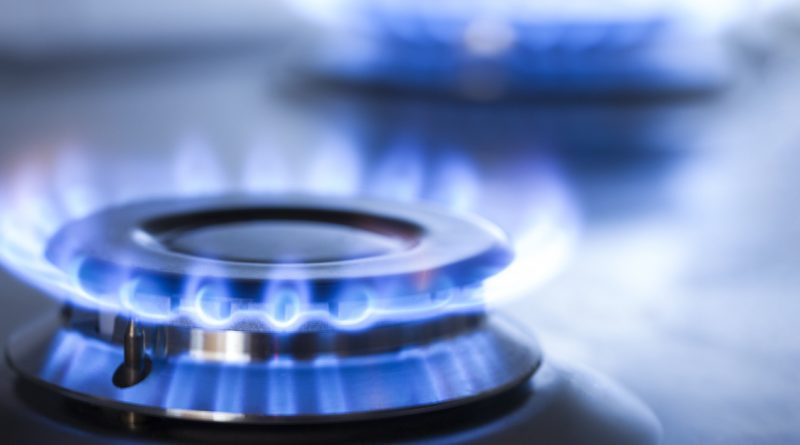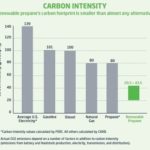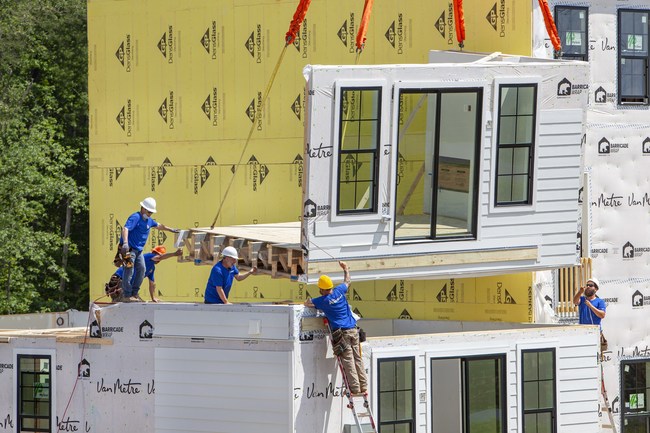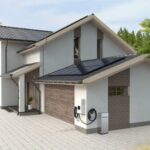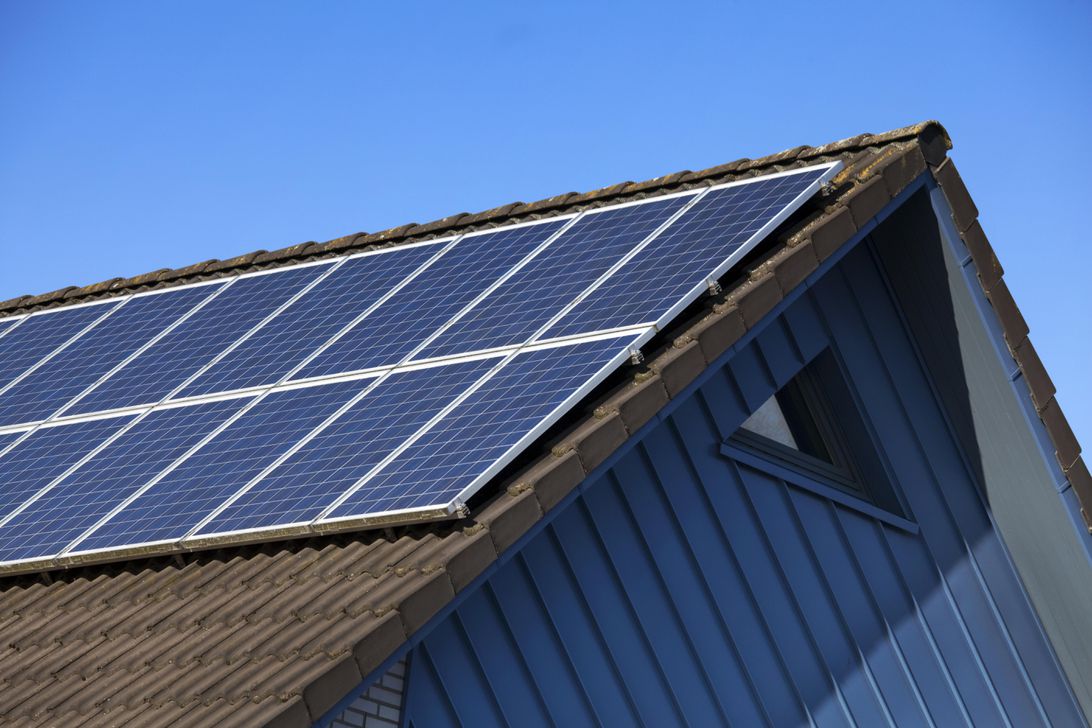Propane vs. electricity | Pro – Pro Builder
Energy Disrupter

Saving energy and reducing utility bills is a major focus for homeowners across the country, and the Department of Energy (DOE) recently published a report that shows just how energy efficient propane appliances are compared to other options.
Homeowners and homebuyers will often look to their trusted home builder, remodeler, or construction professional for ways to increase their home’s energy efficiency to reduce costs. In order to best serve these customers, construction professionals need to be well-versed in how the different energy sources chosen to power a home’s systems and appliances can impact its utility costs and overall energy consumption.
When comparing home energy sources, construction professionals can turn to recently released data from the DOE, which forecasted the representative average unit costs of five residential energy sources including electricity, natural gas, heating oil, propane, and kerosene.
DOE Results
Of the five energy sources, the results found electricity to be the highest cost source of energy for households. Most notably, the energy costs of propane ($18.81 per million Btu) are less than half that of electricity ($38.28 per million Btu).
The DOE analysis was completed in accordance with the Energy Policy and Conservation Act. The DOE has a legal obligation to provide information to manufacturers and other agencies to calculate the cost of operating appliances. Notably, these are costs used for calculating the dollar figures on the yellow stickers found on water heaters, dryers, and other appliances so that customers know how much it will cost to use that appliance. Based on these findings from the DOE, an electric appliance would need to be twice as efficient as a propane model for homeowners to break even on its operating costs.
Whole-Home Solutions
Propane can offer a whole-home energy solution, delivering superior comfort and efficiency to homeowners compared with all-electric homes. To better understand the comparisons, the Propane Education & Research Council (PERC) has data on the efficiency and operating cost of various appliances.
High-efficiency propane appliances offer best-in-class efficiency, which can lead to big savings for homeowners. Propane furnaces, for example, have ratings of 98 percent annual fuel utilization efficiency (AFUE). According to data from PERC, homeowners purchasing a high-efficiency propane furnace for a new, cold-climate home could recoup their initial costs in two years due to low equipment and energy costs. By contrast, it could take a homeowner more than 20 years to recoup the initial cost of a ground source heat pump system through energy savings.
Further, propane tankless water heaters can save a typical family more than $100 per year compared with electric heat pump water heaters, which have restrictive space requirements for installation, one-third the hot water flow rate of a tankless system, and a service life that is five to ten years shorter than a propane tankless system.
Propane-fueled micro-combined heat and power (mCHP) systems can reduce energy bills, too. In addition to the benefits of on-site power generation and high system efficiency, these systems can help homeowners save big, particularly for homes with higher energy use — homes in colder climates, homes with high electrical rates, larger homes, and homes with high hot water use or heated pools.
After comparing the efficiency and performance of propane-powered systems with other models, like those powered by electricity, it’s easy to see why nearly 12 million U.S. households have already adopted propane for space heating, cooking, and water heating alone. Propane isn’t just more efficient and affordable than electricity, it’s also cleaner. Propane produces 43 percent fewer greenhouse gas emissions than using an equivalent amount of electricity generated from the grid.
Original Source: https://www.probuilder.com/blog/does-propane-have-edge-household-energy-costs

